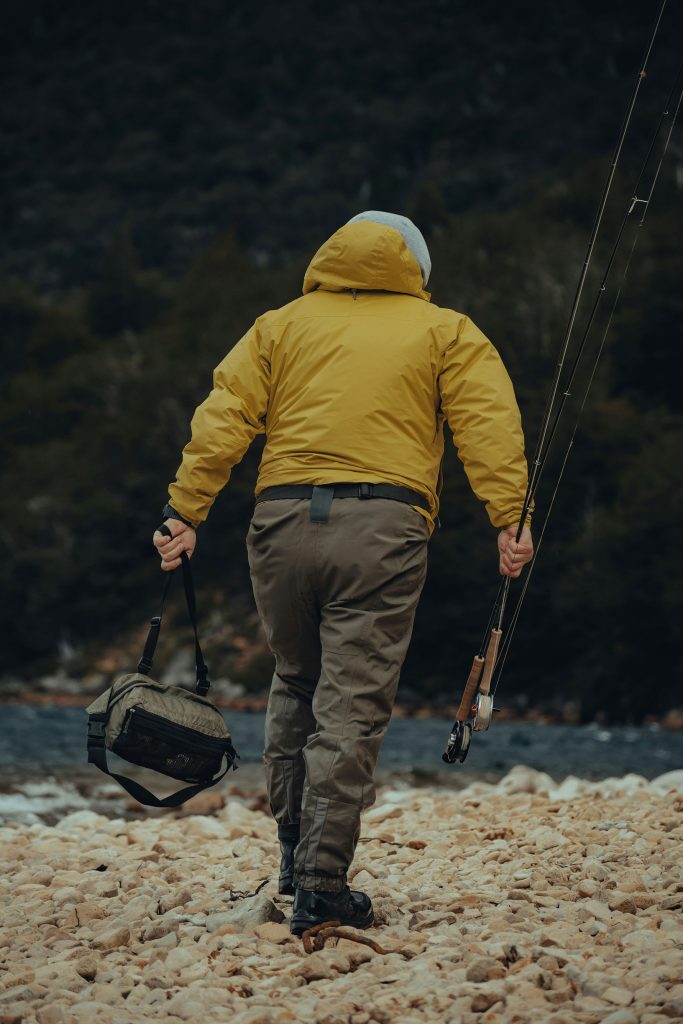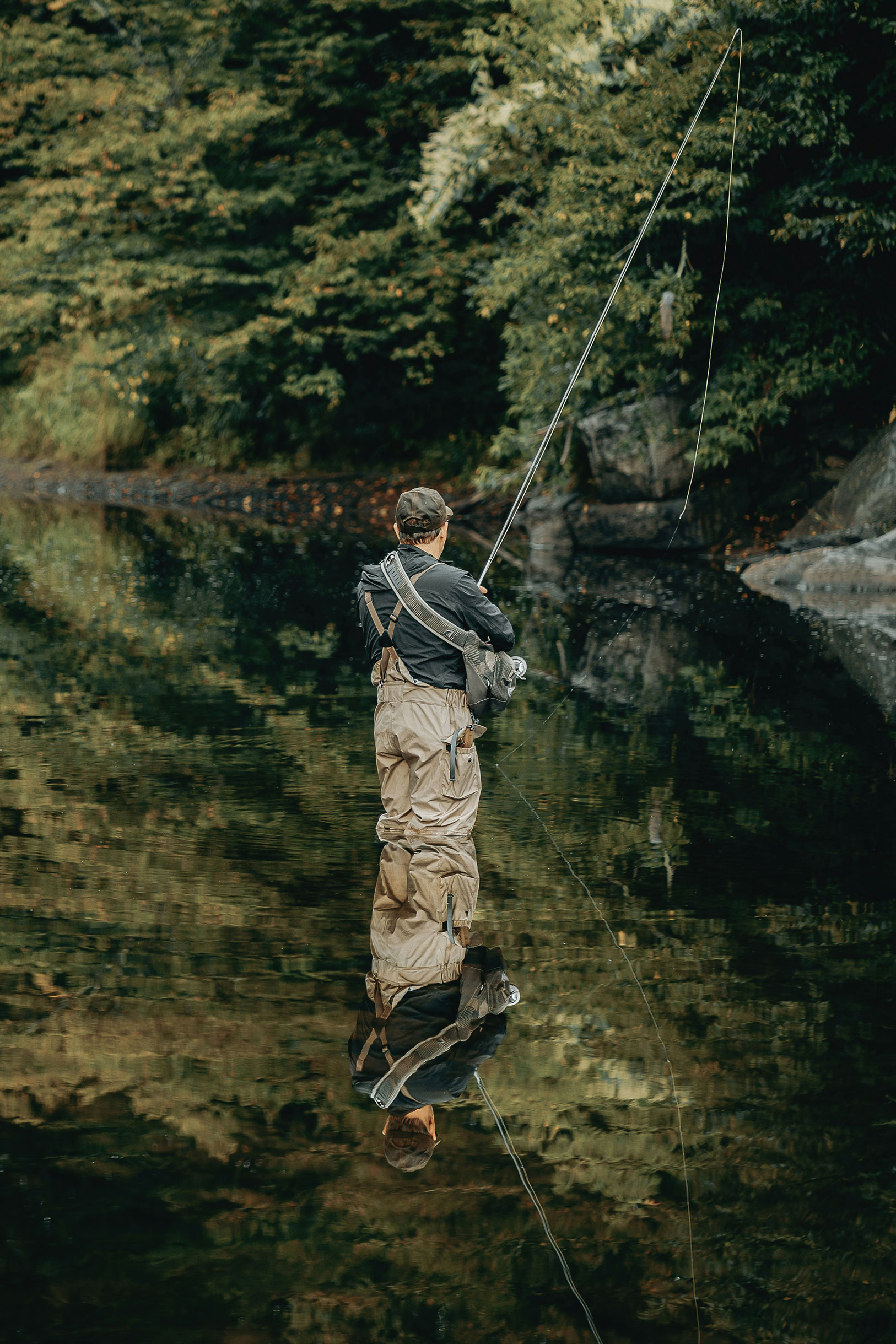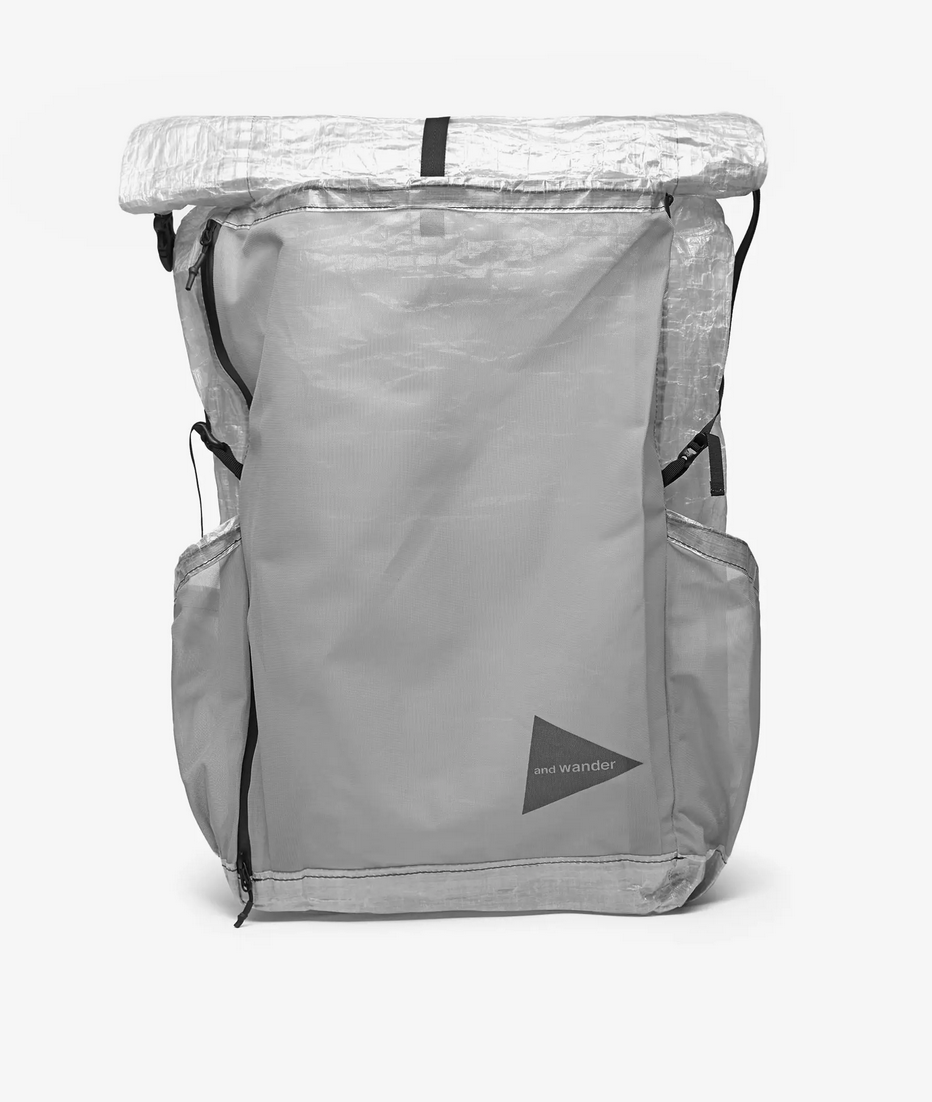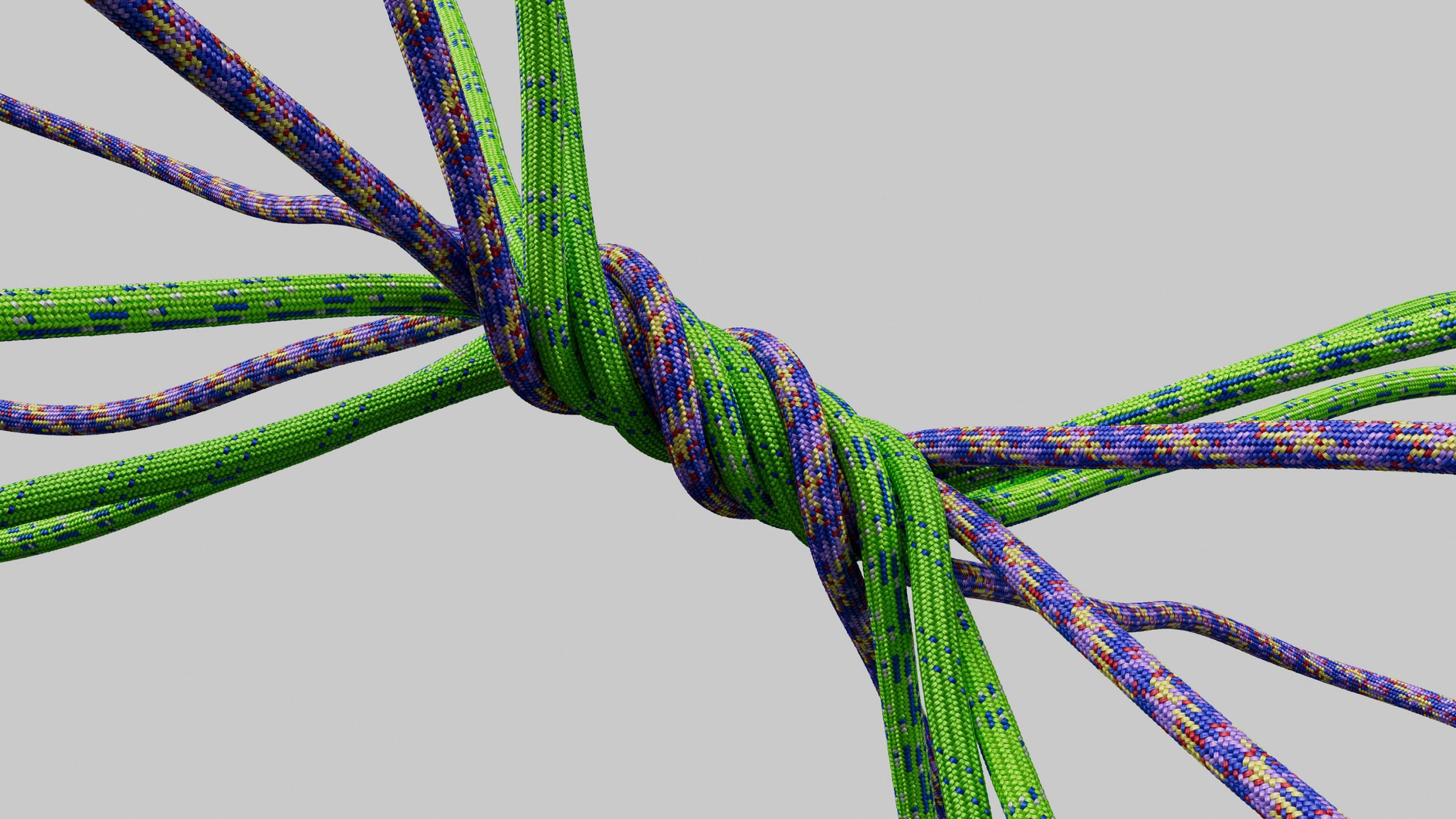Isn’t it annoying when your fishing line gets tangled, hooks are all over the place, and you can’t find the lure you need? I learned that the hard way last spring when I went bass fishing. I wasted almost half an hour sorting through my messy tackle box while the fish were practically jumping out of the water. That’s when I realized what experienced fishermen already know: a good fishing bag isn’t just a place to keep stuff. It helps you spend more time fishing and less time fumbling around.
Whether you’re a weekend hobbyist or someone who fishes all the time, the right fishing bag can really make a difference. This guide will show you how to pick, use, and take care of fishing bags so your gear stays organized, easy to get to, and safe.
Why Fishing Bags Are Super Important
A good fishing bag does more than just hold stuff. It keeps your valuable tackle safe, helps you find what you need quickly, and makes sure you’re ready for anything. You’ll see how important a good bag is when you’re out fishing and your tackle is organized and you can just focus on catching fish.
Fishing bags today are way better than old-fashioned tackle boxes. They’re made with special sections, materials that can handle the weather, and designs that make them comfortable to carry all day. A good bag is worth the money because it lets you switch lures or find what you need without missing a beat.
What Kind of Fishing Bag is Right for You?
Tackle Backpacks: A Fisherman’s Best Friend
Tackle backpacks are great for people who want to stay organized and be able to move around easily. These bags let you carry your rods and other stuff without using your hands and spread the weight evenly on your back.
The best tackle backpacks have:
- Lots of sections for different lures
- Places to hold your fishing rods
- Insulated areas to keep drinks and bait cold
- Materials that keep out water
- Comfortable straps and padding
Shoulder and Sling Bags: Easy to Carry and Use
If you want to be able to grab your gear quickly and not carry too much, shoulder bags and sling packs are a good choice. These bags are great when you’re moving from spot to spot or fishing in the water where a big backpack would get in the way.
Sling bags can be turned around so you can reach what you need without taking the bag off. These are good for fly fishing or when you need to change your tackle often.
Rolling Tackle Bags: Lots of Space and Easy to Move
When you have tons of tackle to haul around, rolling bags are the way to go. They have as much space as a big tackle box but are easy to roll. These are perfect for long trips or when you want to have every lure you can think of with you.
Soft-Sided Tackle Bags: A New Way to Stay Organized
These bags and backpacks give fishermen better ways to keep their tackle organized and easy to carry. They’re not as stiff as tackle boxes but still protect your gear and keep it sorted.

Who Makes the Best Fishing Bags?
Lots of companies make awesome fishing bags. Here are a few:
Piscifun: Good Quality at a Good Price
Piscifun has all kinds of tackle bags and backpacks. You can count on them to keep you organized. Piscifun is known for making good stuff that doesn’t cost too much.
KastKing: Made for Serious Fishermen
KastKing bags are designed for people who love to fish. These bags have space for all your gear and are made to be comfortable.
Plano: A Name You Can Trust
Plano has been helping fishermen organize their tackle for years. They’re known for making good, long-lasting storage.
Shimano: Top-Notch Quality
Shimano makes great reels and rods, and their tackle bags are just as good. They use great materials, smart designs, and are built to last.
Evolution Outdoors: Storage Made for Fishing
Backpacks like the Evolution Outdoors Drift Series give you great ways to keep your tackle boxes organized.
Baitium: Eco-Friendly
Baitium’s bags have lots of space and are made with materials that are good for the environment.
Academy Sports + Outdoors: Good Value
Academy H2OX Ethos bags are a great deal. They’re not too expensive but have features you usually only find on more expensive bags.
What Makes a Fishing Bag Great?
How It’s Made
Look for bags made of strong fabric that won’t rip easily. Good zippers and coatings to keep out water are also important.
How It’s Organized
The best bags let you set them up how you want. Look for:
- Space for tackle boxes
- Sections you can change to fit different gear
- Pockets on the outside for things you use a lot
- Special areas for batteries or bait
Protection from Water and Weather
Good fishing bags keep your stuff dry. Look for bags with:
- Water-repellent coatings
- Waterproof zippers
- Covers to protect from rain
Comfort
If you’re going to be fishing all day, you need a comfortable bag. The best bags have:
- Padded shoulder straps
- Material that lets your back breathe
- Straps to keep the bag from moving around
How to Organize Your Fishing Bag
Have a System
No matter what kind of bag you have, it’s important to have a system. Put things in the same place every time so you can find them without looking.
- Outside: Keep things you use a lot in the outside pockets
- Front: Put your most used tackle in the front
- Back: Store tackle you only use sometimes in the back
- Emergency: Always have extra line and tools in a special spot
Change It with the Seasons
Change your bag depending on what you’re fishing for and when. What you need for bass fishing in the summer is different than what you need for trout fishing in the winter.
Keep It Clean
Keeping your tackle storage clean prevents damage and can make a big difference. Small organizers are a good way to prevent hooks from catching bag fabric.
What Size Bag Do You Need?
Weekend Fishermen
If you only fish now and then, you don’t need a huge bag. A medium-sized backpack or shoulder bag with a few tackle trays should be enough.
Regular Fishermen
If you fish a lot, you’ll want a bigger bag with lots of ways to organize your stuff. A full-sized backpack or rolling bag should do the trick.
Tournament Fishermen
If you’re fishing in a tournament, you need to be super organized and have everything at your fingertips. Big rolling bags or several smaller bags can help you keep your tackle sorted and change your strategy quickly.
What to Consider for Different Kinds of Fishing
Freshwater Fishing
If you’re fishing in freshwater, you don’t need as much protection from rust, but you’ll want lots of different lures. Look for bags with lots of small sections.
Saltwater Fishing
If you’re fishing in saltwater, you need to protect your gear from rust and water. Look for bags with strong zippers, ways to drain water, and materials that can handle salt.
Fly Fishing
If you’re fly fishing, you need special storage for your flies and other gear. Look for bags that make it easy to get to your stuff while you’re in the water.
Ice Fishing
If you’re ice fishing, you need a bag that will keep your tackle from freezing and stay flexible in the cold. Some bags even have built-in seats.
How to Take Care of Your Fishing Bag
Clean It
Rinse your bag with clean water after using it in saltwater. Let it dry completely before putting it away.
Check the Zippers
Keep your zippers working smoothly with wax or grease. Saltwater can really mess up zippers, so take care of them.
How To Store It
Store your bag in a cool, dry place out of the sun. Leave it open a bit to let air in and keep mold away.
Give it a Checkup
Look for wear and tear often. Fix small problems before they become big ones.
What to Think about When Buying
How Much Money Do You Want to Spend?
Fishing bags range from cheap to expensive. The more expensive ones usually use better materials and have better warranties, but a cheaper bag might be fine if you only fish sometimes.
Know What’s Important
Think about what you really need in a bag:
- How easy is it to carry?
- How much can it hold?
- How well will it protect my gear from the weather?
- How important is it to be organized?
- How comfortable is it to carry?
Last Thoughts: A Good Fishing Bag is An Investment
The right fishing bag can make fishing easier and more fun. It keeps you organized, protects your tackle, and helps you make the most of your time on the water. Whether you get a small sling bag or a big rolling bag, choose features that are right for you.
The best fishing bag is the one you’ll actually use. Start with what you need, choose good quality, and add to your collection as you get more tackle.
Your tackle is the result of years of learning. Protect it with a bag that keeps it ready for your next fishing trip.
#FishingBags #TackleBags #FishingBackpack #TackleStorage #FishingGear #AnglerLife #FishingAccessories #TackleOrganization #FishingEquipment #Bass Fishing #SaltwaterFishing #FreshwaterFishing #FlyFishing #FishingTips



